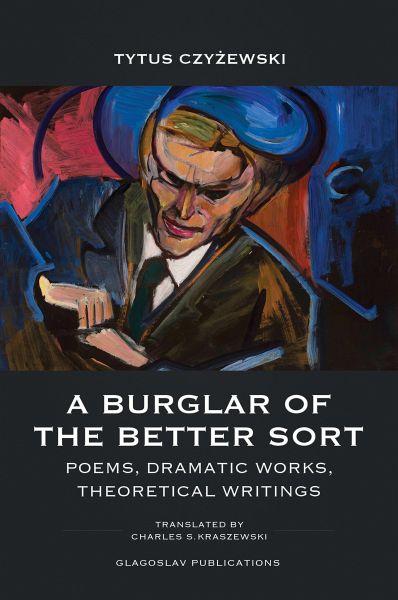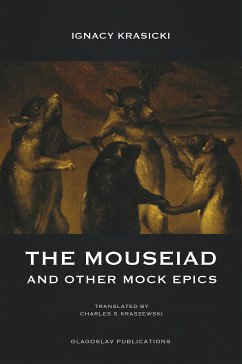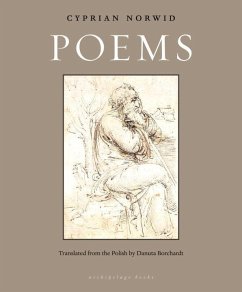
A Burglar of the Better Sort (eBook, ePUB)
Versandkostenfrei!
Sofort per Download lieferbar
8,95 €
inkl. MwSt.
Weitere Ausgaben:

PAYBACK Punkte
4 °P sammeln!
The history of Poland, since the eighteenth century, has been marked by an almost unending struggle for survival. From 1795 through 1945, she was partitioned four times by her stronger neighbours, most of whom were intent on suppressing if not eradicating Polish culture. It is not surprising, then, that much of the great literature written in modern Poland has been politically and patriotically engaged. Yet there is a second current as well, that of authors devoted above all to the craft of literary expression, creating 'art for art's sake,' and not as a didactic national service. Such a poet ...
The history of Poland, since the eighteenth century, has been marked by an almost unending struggle for survival. From 1795 through 1945, she was partitioned four times by her stronger neighbours, most of whom were intent on suppressing if not eradicating Polish culture. It is not surprising, then, that much of the great literature written in modern Poland has been politically and patriotically engaged. Yet there is a second current as well, that of authors devoted above all to the craft of literary expression, creating 'art for art's sake,' and not as a didactic national service. Such a poet is Tytus Czyzewski, one of the chief, and most interesting, literary figures of the twentieth century. Growing to maturity in the benign Austrian partition of Poland, and creating most of his works in the twenty-year window of authentic Polish independence stretching between the two world wars, Czyzewski is an avant-garde poet, dramatist and painter who popularised the new approach to poetry established in France by Guillaume Apollinaire, and was to exert a marked influence on such multi-faceted artists as Tadeusz Kantor.
A Burglar of the Better Sort offers, in the English translation of Charles S. Kraszewski, the entirety of Czyzewski's surviving literary output, from surrealistic plays like Donkey and Sun in Metamorphosis and his inimitable 'formistic poems' through the playful Christmas 'pastorals' - which so delighted Czeslaw Milosz - to his theoretical writings, which form the basis for his radically individual, shamanistic approach to literary creation. A truly global talent, Czyzewski belongs to the world, a world which, beyond Poland, finally has the opportunity to get to know him.
A Burglar of the Better Sort offers, in the English translation of Charles S. Kraszewski, the entirety of Czyzewski's surviving literary output, from surrealistic plays like Donkey and Sun in Metamorphosis and his inimitable 'formistic poems' through the playful Christmas 'pastorals' - which so delighted Czeslaw Milosz - to his theoretical writings, which form the basis for his radically individual, shamanistic approach to literary creation. A truly global talent, Czyzewski belongs to the world, a world which, beyond Poland, finally has the opportunity to get to know him.
Dieser Download kann aus rechtlichen Gründen nur mit Rechnungsadresse in A, B, BG, CY, CZ, D, DK, EW, E, FIN, F, GR, HR, H, IRL, I, LT, L, LR, M, NL, PL, P, R, S, SLO, SK ausgeliefert werden.












